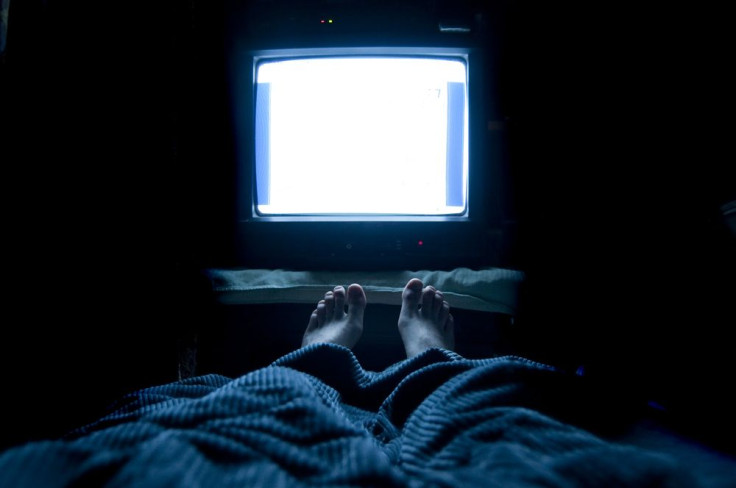Binge-Watching Television Linked To Loneliness And Depression: Should You Get Off Your Couch?

Television binge-watching involves viewing multiple episodes of the same TV series in one sitting. It is the glorified version of a TV marathon and is a relatively new practice, possibly due to television recording technology and on-demand services. Although surely everyone is guilty of watching more than one episode of their favorite show on a Sunday afternoon, a new study suggests that frequent indulgence in this activity is associated with feelings of loneliness and depression and may be a sign of poor self-control.
For the first-of-its-kind study, which will be presented at the 65th Annual Conference of the International Communication Association in San Juan, Puerto Rico, this May, researchers analyzed the television-watching habits and psychological health of 316 young adults. The volunteers, who were between 18 and 29 years old, were asked how often they watched TV, how often they had feelings of loneliness and depression, how often they used their self-control in everyday activities, and how often they binge-watched television.
Results showed that the volunteers who reported the most binge-watching occurrences also reported symptoms similar to those who suffer from addiction, including lower levels of self-control and higher occurrences of feeling lonely and depressed. While the researchers aren’t exactly telling you what to do with your free time, they are giving you a bit of a heads up as to what 10 hours of Law and Order SVU can do to a person’s health.
“Physical fatigue and problems such as obesity and other health problems are related to binge-watching and they are a cause for concern. When binge-watching becomes rampant, viewers may start to neglect their work and their relationships with others,” wrote Dr. Yoon Hi Sung, a researcher who had taken part in the study, in the press release.
Unfortunately, binge-watching seems to follow the same hard-to-escape cycle that many other unhealthy habits have. Poor self-control leads to increased use, increased use leads to behavioral changes, and ultimately these behavioral changes can compromise an individual’s quality of life. For example, many of the individuals in the study reported that they did not stop binge-watching even though they knew that they had other tasks to complete.
While we aren’t expecting anyone to check themselves into binge-watching rehab anytime soon, it’s important to recognize the possible damage that obsessive behaviors can have on your mental health. The researchers write that they hope their study can be “a step toward exploring binge-watching as an important media and social phenomenon.”
Source: Sung YH, Kang EY, Lee WN. "A Bad Habit for Your Health? An Exploration of Psychological Factors for Binge-Watching Behavior. 65th Annual International Communication Association Conference. San Juan, Puerto Rico. 2015.



























